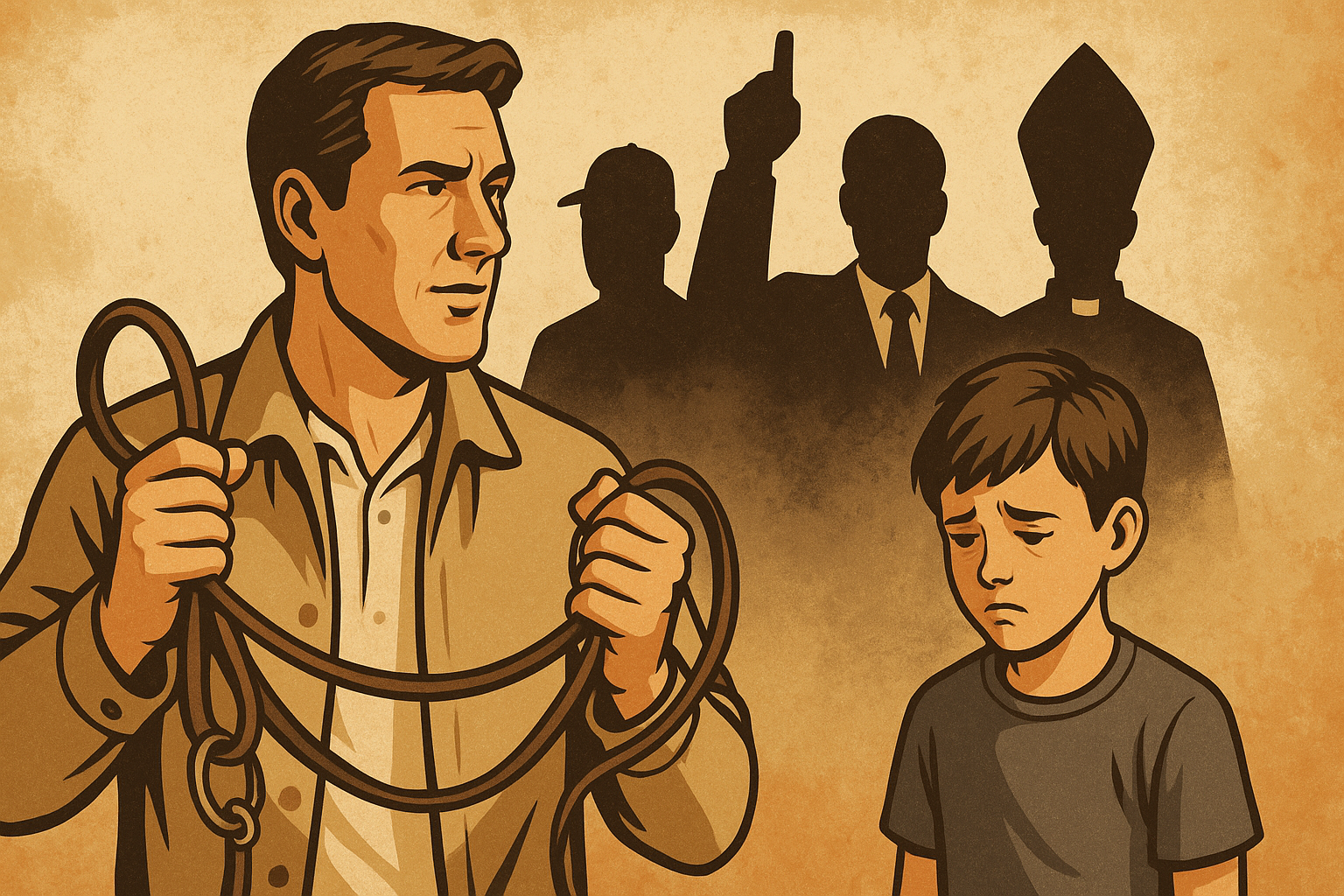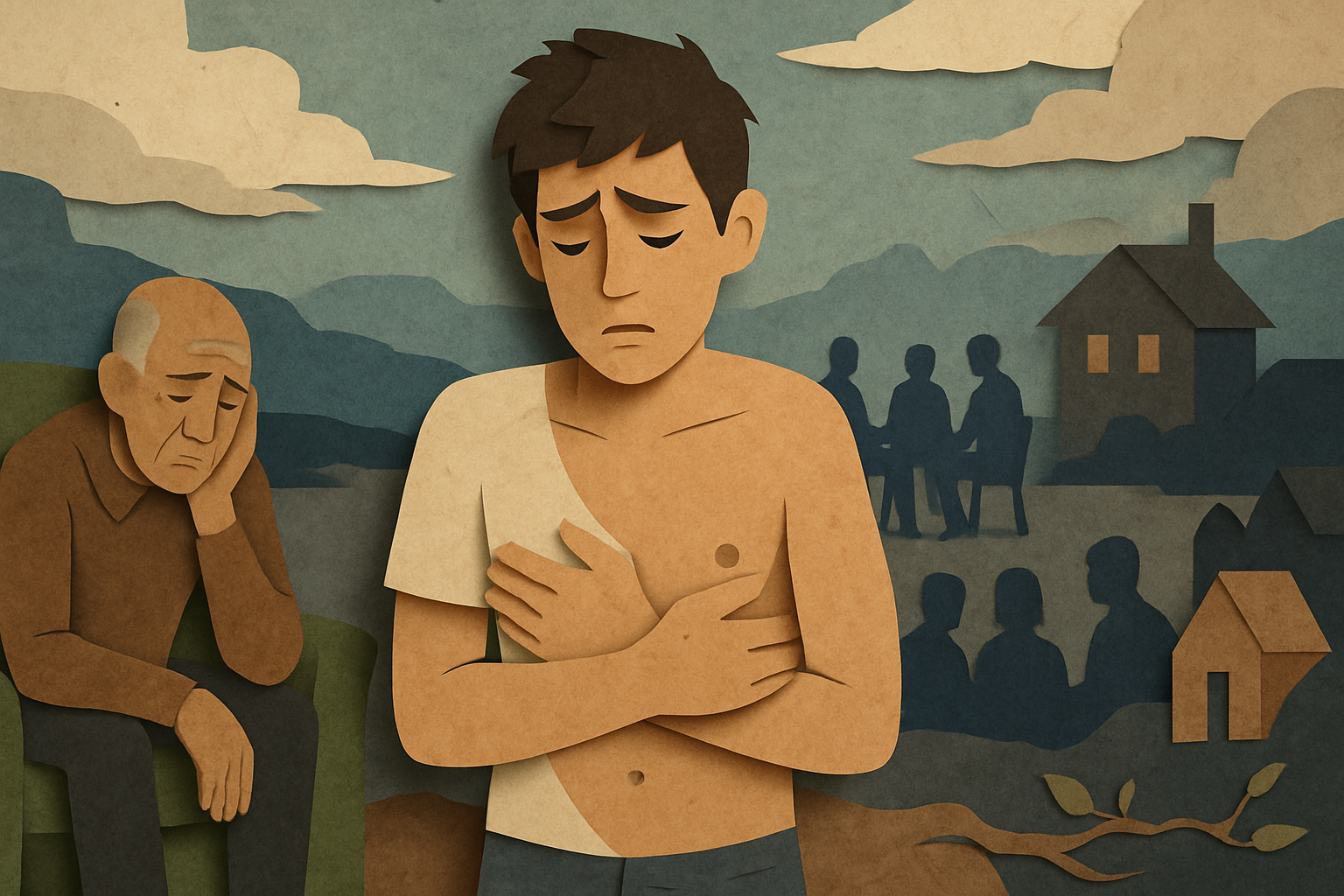READ IT TO ME: Click play to listen to this post.
Over time I have observed addicts who have miraculously transformed and changed their lives. The changes have been like night and day. They are the ones who make 12-step meetings seem powerful and therapists look good. When you listen to their recovery program and see their results, you walk away wondering why doesn’t every addict do their program like that.
Then you find some who do a similar program but don’t have the same results. Many times it is obvious that those who fail in their program do not “go to any length” to maintain sobriety and cultivate recovery growth. For those, the issue is whether or not they are willing to up the ante in their program to make it work, do more meetings, do a deep dive with 12-step work, increase therapy to resolve underlying issues of trauma and emotional pain, etc. In this mix, there are those in recovery who mean well and do well, but somehow don’t get the necessary traction to establish long-term sobriety. Essentially, they engage chronic relapse.
Some “chronic relapsers” struggle to maintain 24 hours without their addiction. Others can go a week, month, or several months and not relapse. Some get to the outer limits of time in their sobriety and almost as if an alarm goes off and they tell themselves “It’s time to act out” and relapse occurs. Others can establish long-term sobriety in one addiction, like drugs or alcohol, but experience chronic relapse in other areas like sexual addiction.
In discussing this pattern of relapse in recovery with a pioneer researcher and therapist around sexual addiction, the seasoned veteran stated that while partners of sex addicts demand absolute sobriety from their sexually-addicted partner, seldom does this prove the reality for the addict.
There have been many attempts to address chronic relapse in 12-step programs such as moving the chronic behavioral failure from a bottom-line category of acting out to middle-circle behavior. However, there is no hiding from the problematic behavior, regardless of category placement. The behavior that is against values continues to progress and linger. People who truly shift their value system to include the behavior that was once considered relapse and is now considered high risk, usually are at peace with themselves regarding the behavior. However, if the experience of chronic failure is addiction behavior, it doesn’t matter what category you put the behavior, relapse and destructive behavior will continue to progress and intensify emotional pain. It’s a lot like trying to get a new look in your house by taking the old furniture and rearranging it but in the end, you still have old furniture with a different look.
Coming to terms with failure is an age-old problem for the addicted and non-addicted as well. I don’t have an answer as to why some addicts struggle more than others in establishing long-term sobriety. For sure there are many factors to consider. A key to addressing chronic failure in relapse is to focus on the task of self-care. For an addict, self-care is counterintuitive in the presence of relapse. When you have just acted out and screwed yourself in so many ways, the first thing you need to do is the last thing you are prone to do. Treating yourself with gentleness and being your own best friend seems preposterous when you simply want to scream and beat yourself up. Why? Because you failed. It’s common for some to scream and self-destruct in a cloud of smoke while others more subtly self-sabotage.
In life, people work so hard to avoid facing failure. Yet failure is a part of every aspect of being human. We fear the judgment, the perceived ridicule, and the alienation that happens when we fail. In addiction, what is more important than a continued day count is the capacity to employ resilience when you fail to maintain sobriety. It’s the capacity to bring yourself back to the center of your values when you drift or act out. Knowing your resources and how to bring yourself back to your values is most important. Being able to stem self-criticism and re-focus on the next right thing is invaluable. Many addicts who work a strong program and some who white knuckle their way through the day, hang on without a protocol to bring themselves back to center when they act out. When this happens, they free fall toward oblivion in addiction. It’s been shown that those who free fall in this way have a much greater struggle with re-centering. Repeated failure with sobriety is the result.
Here is a suggested protocol for chronic relapse.
1. Admit your failure, do the next right thing which is always to take yourself out of harm’s way. Simply get away from your addiction. Destroy the substance, get away from the relationship, turn off the computer, etc. If you are sitting in the middle of a busy intersection and you just got run over by a bus, the first thing you need to do is to get out of the intersection. Most likely you will need to reach out to a support person to get this done.
2. As the Buddhists say “put yourself in the cradle of loving kindness.” Addicts live in self-deprivation even when they are sober. It is by grit and determination that many addicts stay sober. So when there is a failure, the energy of grit and determination is funneled into beating the hell out of yourself. Simply, it doesn’t work. It’s like dumping kerosene onto a fire. Yet, somehow addicts and other people who fail who are not addicts, think they have to continue eating the poison. So they abuse themselves with hurtful remarks and treat themselves with ongoing deprivation. They deprive themselves of gentleness, and support from others and covertly become mean to themselves embracing mistaken beliefs that spiral into repeated addictive or other destructive behavior. The slippery slope of relapse becomes black ice when an addict eats the poison and tells themselves they are a failure, a piece of shit who cannot do what others do to maintain sobriety. Depriving yourself of care and kindness leads to entitlement toward acting out in addiction. Sometimes you must take yourself by the nap of your neck and be kind to yourself even while kicking and screaming against it.
3. Affirm yourself. You say well “If I just shit all over myself, it’s pretty hard to tell myself to feel clean.” In 12-step work, there is talk about “fake it till you make it”. Overcoming chronic relapse means that I must treat myself in the way in which I aspire to be. I must act the way in the present that I hope to be in the future. To do this I must not allow feelings to dominate my actions. I affirm myself even when I feel like shit. I act my way into a new way of being. I cannot feel my way into this experience in recovery. When I am discouraged, I can afford the time to feel it but not when I am lying in the middle the intersection of addictive act out. I have to pick myself up, drag myself out of the intersection, and affirm myself when all I feel like doing is giving up. Affirmations are beliefs that must be practiced and conditioned regularly in my life, particularly when faced with failure. They are intended acts of self-care that are conditioned in unspectacular moments, often in the presence of despair and discouragement of chronic relapse.
4. Separate your sense of self from the relapse behavior. When you introduce yourself as an addict to a 12-step group, you are describing your behavior, not your sense of self. In truth, the behavior represents a small part of your life, albeit, a most destructive piece. Relapse is always about behavior and never about who you are. Yet, shame says that relapse is about who you are. Your behavior and your sense of self are the same. Separating behavior from personhood is an art form that can only be curated through conditioning. Experiential therapies can help create breakthrough experiences of release and relief, but you must do the unspectacular conditioning of separating behavior from self. This will require a lifetime commitment and a willingness to fail forward. It demands that you practice affirmations as a regular lifestyle. In all my years of recovery, I don’t know any other way. The benefit is self-acceptance in the presence of human failure. There’s a deep satisfaction of living in your own skin. There is an abiding awareness that I can go down and face failure and come back up. Some identify this experience as unconditional confidence. No matter what the result may be, I can accept and love myself. This requires daily practice not perfection.
Chronic relapse can become a great teacher of spirituality in life. Some have suggested that spirituality is discovered by embracing the wounds in life. Wounds reveal vulnerability, weakness, and the capacity to recognize limitations. Chronic relapse is a wound that deepens authenticity when you accept that the wound contains the same common shared brokenness that everyone else in the world experiences. Self-acceptance in the presence of chronic relapse is the essence of human brilliance.





